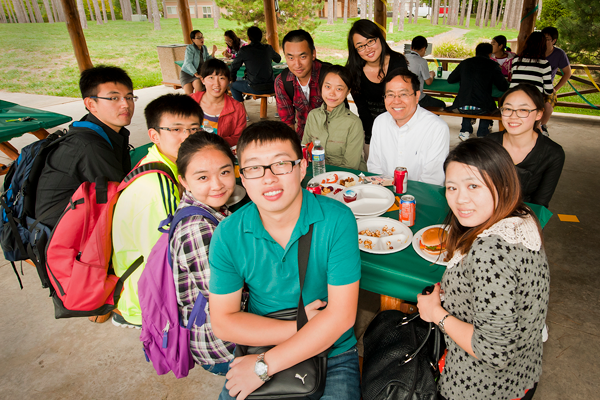
Excerpt from the Chronicle of Higher Education
In the heat of an escalating trade war, China signaled on Monday that it may start to steer its people away from a key American export: higher education.
The country’s Ministry of Education urged Chinese scholars and students to increase their assessment of the “risks” of studying in the United States, a message that comes as American universities have themselves stepped up their scrutiny of work with and in China.
The Chinese agency, according to state media, warned U.S. visas are taking longer to review, are valid for shorter periods of time, and have been more frequently rejected.
“Step up risk assessment,” the report read, “and prepare accordingly.”
The same advice may well apply to American campuses’ research divisions and budget offices. China’s warning affirmed that higher education is in the center of the conflict between the two nations. In all but one U.S. state (Alaska), education is among the top five services exported to China, according to the U.S.-China Business Council. Many U.S. labs rely on Chinese graduate students. If geopolitical tensions bring enrollment declines, university finances and America’s research prowess could take a hit.
The warning does not bar Chinese students from enrolling in American colleges. But scholars who have been following the changing dynamics between the two countries said the message holds weight.
“It moves from a possible nuisance to now a legitimate international policy concern,” said Jason E. Lane, dean of the University at Albany’s School of Education, who has studied global trends in higher education. “This is a major component of the international trade relationship that is often overlooked. But it’s real.”
U.S. actions paved the way in part for such a step, he said.
The FBI and the National Institutes of Health have urged campuses to protect their academics’ work after sensitive research has improperly landed in China. And colleges this year pared back on some research done in and funded by China. These restrictions have led many scholars of Chinese descent to feel unfairly targeted and to question whether younger Chinese academics would want to work in the U.S..
That’s a problem for the U.S. research enterprise, which has become increasingly dependent on money from and collaborations with China as domestic funding has stagnated.
Monday’s announcement shows that China is well aware that higher education is an American “pressure point,” said Mary Gallagher, director of the Center for Chinese Studies at the University of Michigan at Ann Arbor.

